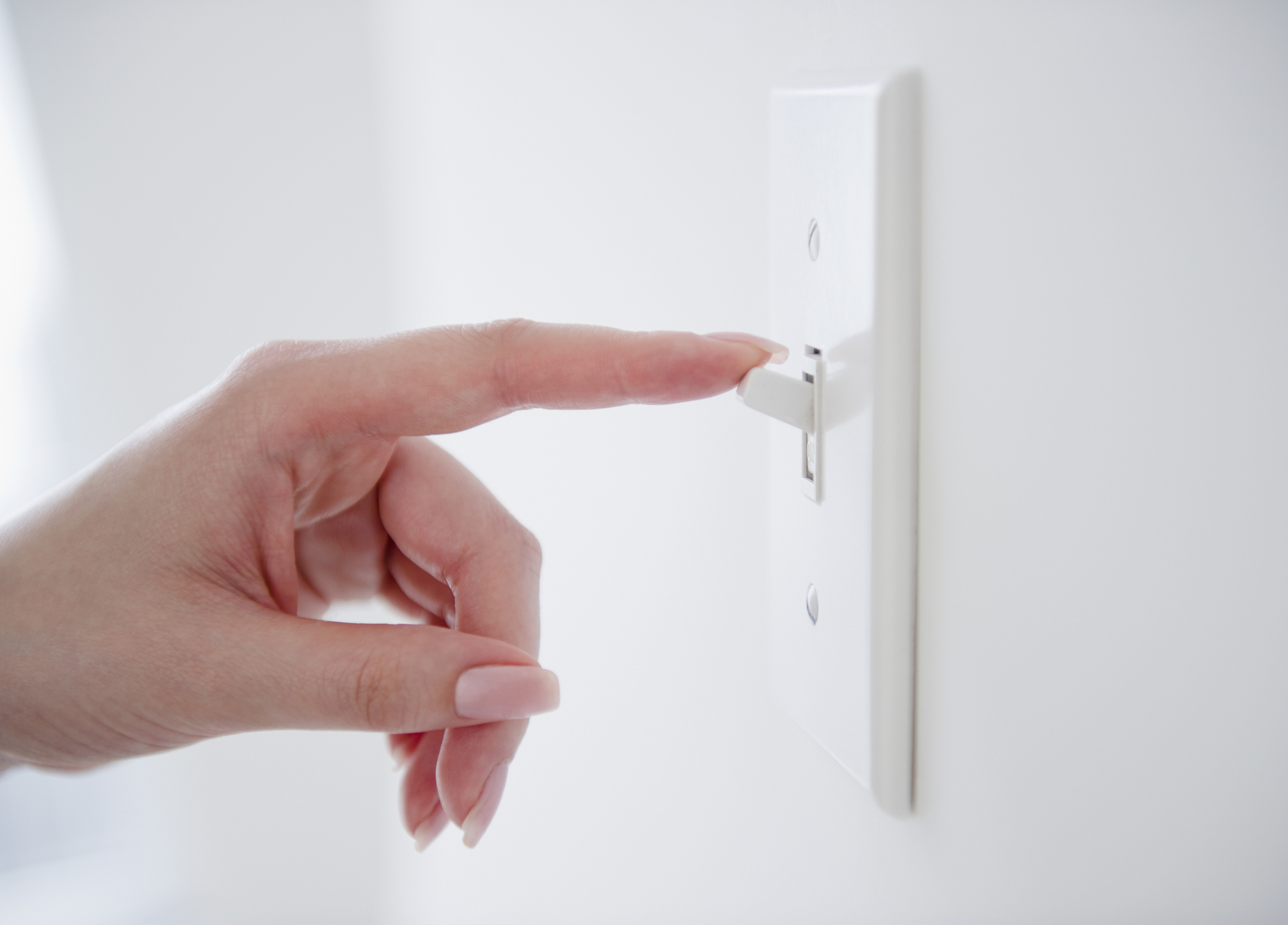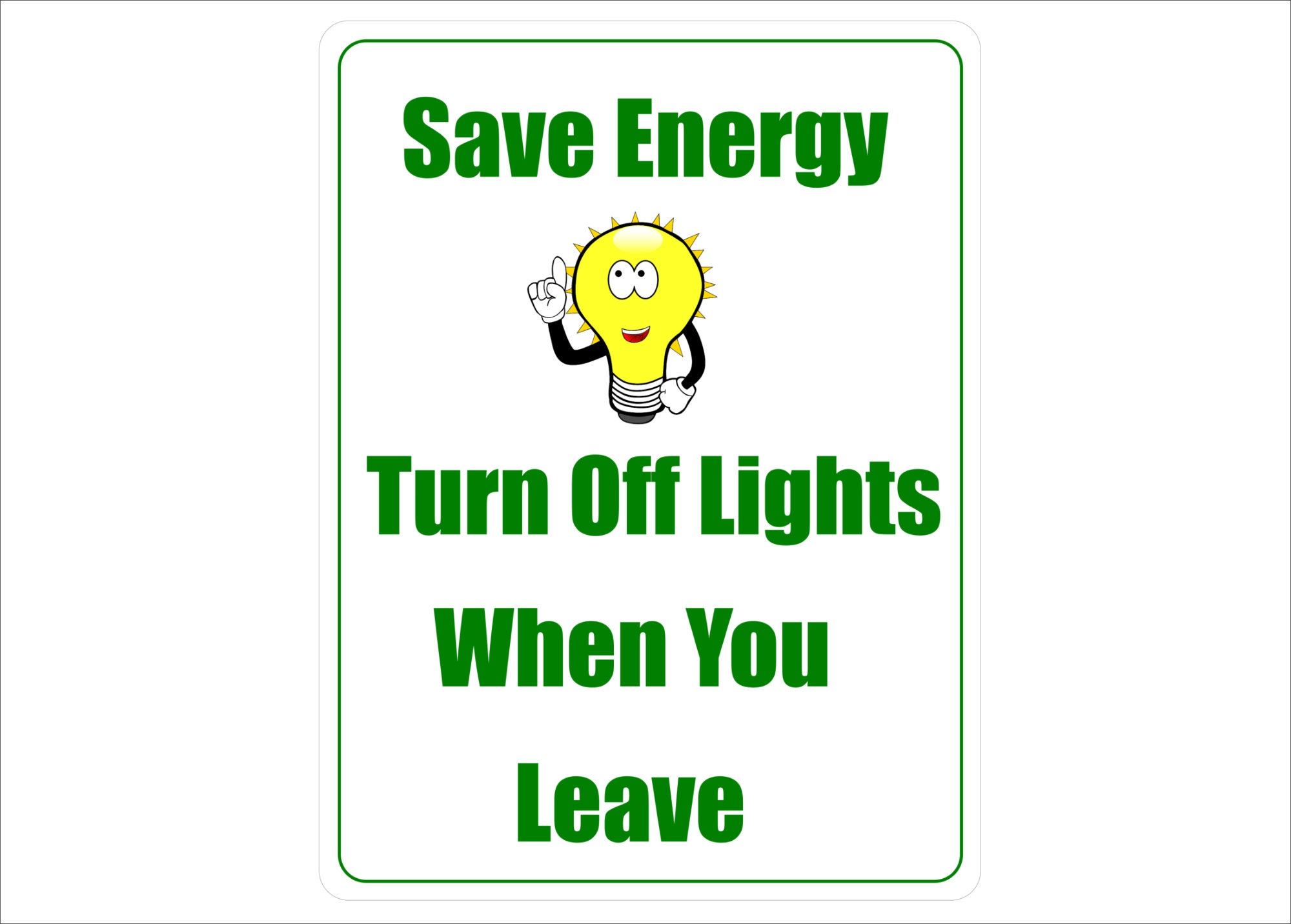The Importance of Darkness for Sleep

Imagine a world without darkness. Sounds strange, right? But for our bodies, darkness is as essential as sunlight. It’s not just about getting a good night’s sleep; it’s about keeping our internal clocks in sync and maintaining overall health.
The Role of Melatonin
Darkness triggers our bodies to produce melatonin, a hormone that regulates our sleep-wake cycle. Melatonin production increases as darkness descends, signaling to our brains that it’s time to wind down and prepare for sleep. This hormone helps us fall asleep and stay asleep, promoting a restful and rejuvenating slumber.
Light’s Impact on Circadian Rhythms
Our circadian rhythm, also known as our internal clock, is a natural 24-hour cycle that regulates various bodily functions, including sleep. Light plays a crucial role in synchronizing this rhythm. Exposure to bright light during the day helps suppress melatonin production, keeping us alert and awake. Conversely, darkness stimulates melatonin release, promoting sleepiness.
The Negative Effects of Light Exposure at Night
Research has shown that exposure to light at night, particularly blue light emitted from electronic devices, can disrupt our circadian rhythm and negatively impact sleep quality. Studies have linked nighttime light exposure to:
- Difficulty falling asleep and staying asleep
- Reduced melatonin production
- Increased risk of obesity, diabetes, and heart disease
- Mood disorders, such as depression and anxiety
Artificial Light and Sleep Disruption
Artificial light, especially from electronic devices like smartphones, tablets, and laptops, emits blue light that can trick our brains into thinking it’s daytime. This can suppress melatonin production and disrupt our natural sleep-wake cycle.
- Reduced Melatonin Production: Blue light emitted from electronic devices can suppress melatonin production, making it harder to fall asleep and disrupting our natural sleep cycle.
- Disrupted Circadian Rhythm: Exposure to artificial light at night can throw off our internal clock, leading to sleep disturbances and other health problems.
- Increased Alertness: Blue light can stimulate the brain, making it harder to relax and fall asleep.
Creating a Relaxing Bedroom Environment

Imagine your bedroom as a sanctuary, a place where you can escape the hustle and bustle of daily life and finally unwind. To achieve this, it’s essential to create a space that promotes relaxation and sleep. This means focusing on creating a comfortable, dark, quiet, and cool environment.
Creating a Comfortable Sleep Environment
A comfortable bedroom environment is essential for a good night’s sleep. This means creating a space that is inviting and conducive to relaxation. Here are some tips:
- Choose a comfortable bed and bedding: Invest in a good quality mattress and pillows that support your body and provide comfort. Soft, breathable sheets can help you stay cool and comfortable throughout the night.
- Keep your bedroom tidy: A cluttered bedroom can make it difficult to relax. Make sure your bedroom is tidy and organized before bed.
- Maintain a cool temperature: The ideal temperature for sleep is between 60 and 67 degrees Fahrenheit (15.5 to 19.4 degrees Celsius). You can use a fan or air conditioner to regulate the temperature in your bedroom.
- Use a humidifier: Dry air can irritate your nose and throat, making it difficult to sleep. Using a humidifier can help add moisture to the air, making it easier to breathe.
Minimizing Light
Light can interfere with the production of melatonin, a hormone that regulates your sleep-wake cycle. Here’s how to block out light:
- Blackout curtains: These curtains are designed to block out all light, creating a dark and relaxing environment.
- Eye masks: Eye masks are a great way to block out light if you can’t completely darken your bedroom.
Minimizing Noise
Noise can also disrupt sleep. Here are some tips for creating a quiet sleep environment:
- White noise machines: White noise machines produce a steady, consistent sound that can help mask other noises.
- Ear plugs: Ear plugs can help block out noise from outside your bedroom.
- Sound-masking apps: There are many apps available that play calming sounds or nature sounds to help you relax and fall asleep.
Practical Tips for Turning Off the Lights: Turn Off The Bedroom Lights

The journey to a restful sleep starts with creating the perfect environment. One crucial element is minimizing light exposure, which can disrupt your natural sleep-wake cycle and hinder your ability to fall asleep. Here’s a practical guide to ensure your bedroom is a sanctuary of darkness.
Turning Off Light Switches and Lamps
The most obvious step is to turn off all light switches and lamps in your bedroom. Start by checking all the light switches, including those for overhead lights, bedside lamps, and any other fixtures. If you have smart bulbs, ensure they are switched off or set to a dark mode.
- Remember to turn off any lamps, including reading lamps, decorative lamps, or even those with timers.
- Even small lights like nightlights can be disruptive, so consider turning them off or using a dimmer switch to adjust the brightness.
Managing Light From Outside Sources, Turn off the bedroom lights
While you control the light sources inside your bedroom, sometimes light from outside can seep in. Here’s how to minimize this:
- Close your curtains or blinds tightly. This blocks out most of the light from streetlights, neighbors’ windows, or even moonlight.
- If your windows are particularly bright, consider using blackout curtains or shades. These are specifically designed to block out almost all light.
- For extra protection, you can use a room-darkening sleep mask. This will cover your eyes and block out any remaining light.
Disabling Electronic Devices
Electronic devices emit blue light, which can suppress melatonin production, the hormone that regulates your sleep-wake cycle.
- Turn off all electronic devices, including smartphones, tablets, laptops, and TVs, at least an hour before bedtime.
- If you use your phone as an alarm, consider using a separate alarm clock to avoid the temptation to check your phone in the middle of the night.
- Avoid using your phone or other devices in bed, as the blue light emitted from these devices can disrupt your sleep.
A Checklist for a Light-Free Bedroom
Here’s a quick checklist to ensure you’ve successfully eliminated all light sources before going to sleep:
- Have you turned off all light switches and lamps?
- Are your curtains or blinds closed tightly?
- Have you turned off all electronic devices, including your phone?
- Have you removed any light-emitting objects from your nightstand?
- Is there any light coming in from outside that you can block?
